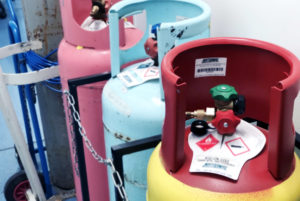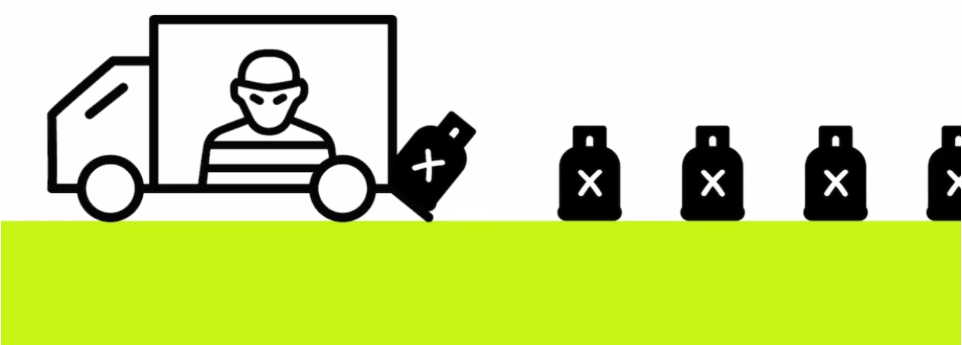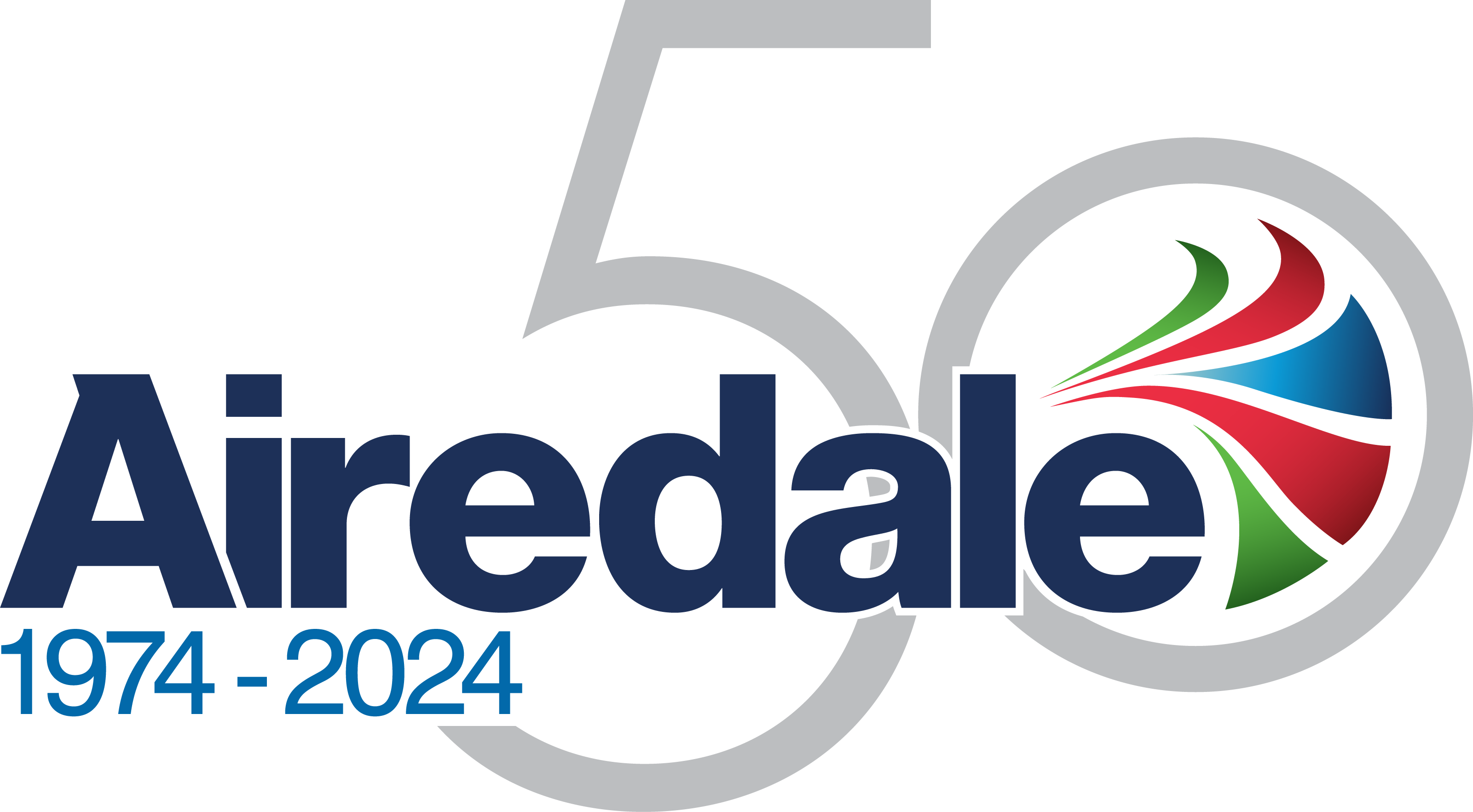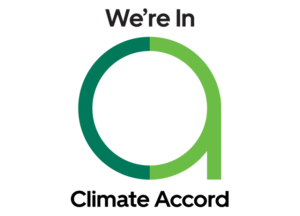Will you say no to illegal HFCs?
 Hydrofluorocarbons, HFCs, refrigerant gases: Whatever you call them, if you work in our industry you know that they play a huge part in day-to-day life from behind the scenes.
Hydrofluorocarbons, HFCs, refrigerant gases: Whatever you call them, if you work in our industry you know that they play a huge part in day-to-day life from behind the scenes.
These gases are used extensively in air conditioning, but since the arrival of the F-gas regulation in 2015, their consumption has started to be phased down, particularly in Europe. This is because many HFCs have a high GWP (global warming potential), and with an ever brightening spotlight on the global climate emergency, a shift to lower GWP alternatives is rightly being encouraged. The quota system in the F-gas regulation is designed to reduce the overall HFC GWP in Europe by 80% by 2030.
That sounds good, so what’s the issue?
For the most part, we can all now agree that a focus on climate goals is a good thing: Without wanting to go full Mad Max, if the climate emergency worsens to the extent that it could, we’ll have significantly bigger things to worry about than which refrigerants we’re using.
So for the present, while we can worry about these things and take action…We should.
Unfortunately, as many of us take steps towards a greener future, black market activity is undermining the HFC quota. Criminal organisations are smuggling refrigerant gases into Europe, damaging the progress that we need to collectively make in order to achieve goals of becoming carbon neutral.
This is by no means a small amount either; data collected in 2018 indicates that this black market could have an impact of up to 34 million CO2eqT.
To put that into context, if the black market were a member state of the EU, it would be the 20th largest CO2 emitter, above countries such as Croatia, Estonia and Cyprus. Or to look at it another way, it’s like adding 25 million cars to EU roads.
This is only likely to get worse unless action is taken. The legal quota for HFCs in Europe has, as of January, been reduced from 63% to 45% of the original amount on the EU market. This will undoubtedly drive black market activity to meet demand from those who have been slow to react to the phase down.
 How are the smugglers getting away with it? Well, The legitimate supply chain for HFCs is complex:
How are the smugglers getting away with it? Well, The legitimate supply chain for HFCs is complex:
- HFCs are imported in large tanks (15 – 20 T)
- Importers sell HFCs to Distributors or directly to large scale Industrial Users
- Distributors repackage HFCs in smaller cylinders (typically 5 – 60 L) and sell to Wholesalers or large Contractors
- Contractors service Refrigeration, (automotive) Air-Conditioning and Heat Pump equipment using HFCs
- Distributors charge a deposit on the cylinders
Criminals can bypass the supply chain with relative ease, simply by offering non-refillable cylinders online, or hiding bulk shipments with customs transit arrangements. Unfortunately, this leads to the illegal HFCs being picked up by legitimate enterprises, who unwittingly bring them into the legitimate supply chain, making them almost impossible to track and identify.
One of the key issues is that the strong legislation for the phase down is not met with particularly strong enforcement at borders. Fines need to be higher, and customs officials need more tools and training to be able to identify illegal HFCs. However, whilst it is obviously imperative that authorities crack down appropriately, this doesn’t mean that organisations can shirk their own responsibilities. If we collectively pull together to take a stand against this activity, and raise awareness, it can still have an impact.
What can we do?
EFCTC have launched a website and pledge that explains the issues, and provides ways that you can take action. The most simple way to get started is to make a pledge, and take it from there. The most crucial thing is to spread the message surrounding the illegal HFC trade, and raise awareness.
Airedale have been banging the drum of sustainable development in line with (and often ahead of) regulation for 40 years, so we are proud that we have pledged to do our part and say no to illegally traded HFC gases. We will continue to work closely with our supply chain partners to make sure that we source HFCs only from reliable and legal sources so that our customers can use our products and services with confidence.
A few steps you can take to be vigilant:
- Always check who you are buying from
- Ask where they have bought their refrigerants
- Avoid cash only transactions
- Avoid the purchase of DACS (disposable cylinders)
- Exercise caution when buying online
- Check documentation
- Check the safety data sheet
Download the EFCTC fact sheet to see exactly what you need to look out for.
In terms of further direct actions that you can take, if you see something suspicious, you can contact the EFCTC Action Line: https://efctc.integrityline.org/
You might think that this won’t be effective, but according to the EFCTC:
‘Reports to the Action Line have already led to numerous seizures of illegal shipments. Since March 2019, more than 300 reports were submitted to the Action Line. In 2019, Kroll was able to build evidence of 3,000 tonnes of illegally-imported HFCs, equivalent to 4.7 million tonnes CO2e.’
So will you #SayNoToIllegalHFCs?
Don’t put a sustainable future (and the reputation of your business) on the line; join Airedale and make a pledge now: https://stopillegalcooling.eu/pledge/







